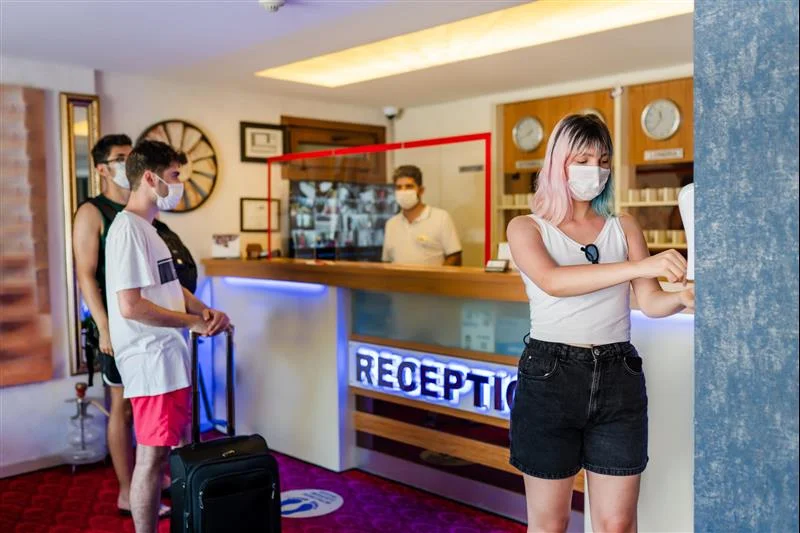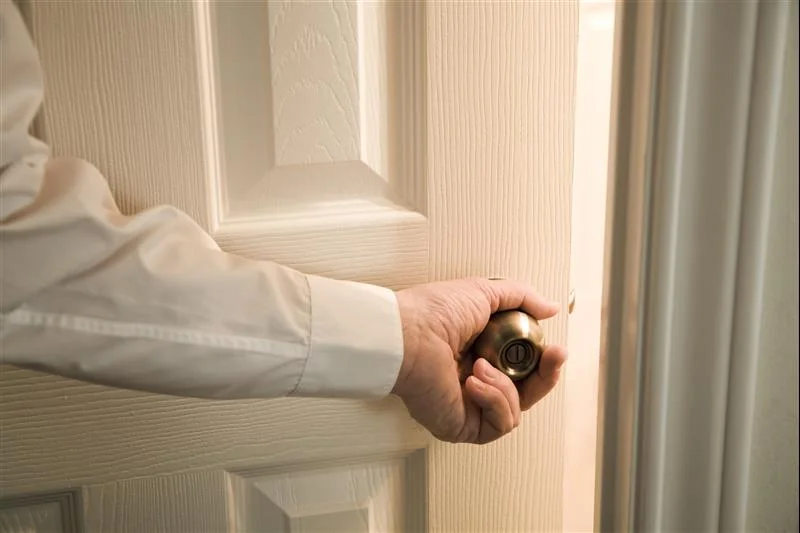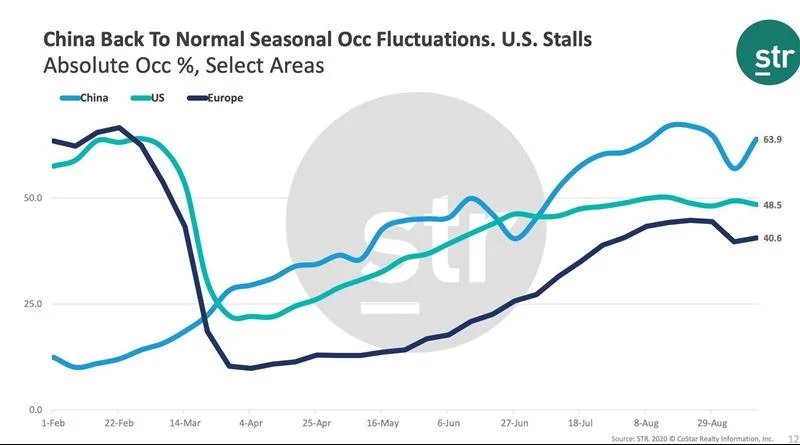Direct Channel ADR is 6-8% greater than on OTA. It's important to manage your OTAs carefully so you aren't leaving money on the table.
As of June,
Google has rolled out its new pilot program
"pay-per-stay" program to hotels in direct response to the global health crisis, according to
Phocuswire. This means Google is sharing in the risk of it's hotel partners - even not charging a commission for canceled bookings. This risk free approach to attract new demand is "nothing short of revolutionary," states Pablo Delgado, CEO of Hotel Direct Sales Consultancy Mirai.
Google's direct booking funnel is in contrast to the traditional OTA offerings. According to a June
Phocuswire article, "early returning demand will come through third parties - even wholesalers." And with them comes their high commissions, with the industry average hovering around 18% and continuing to grow. Don't be surprised as we all feel the crunch during these hard economic times, if properties are the ones that bear much of the cost and OTAs take their generous share of the pie to one-fifth in commissions and beyond.
These commissions further exacerbate the Revenue Per Available Room (RevPAR) Index as rate leakage from undercutting providers continues to be a concern. If you offer your accommodations on any third party sites, they should be monitored closely.
RateGain or
OTA Insights are a great option to catch rate leakage offenders in real-time.
Max Starkov, Adjunct Professor of Hospitality Technology at NYU, advises properties to "Immediately cancel your agreement with any site undercutting your agreed upon rates." This is nothing new as a contributor from
TripTease, Lily McLlwain stated back in a
January 2019 press release, "Hotels have to retake control over their inventory, their distribution and ultimately the end-to-end customer experience." If they don't, innkeepers run the risk of leaving money on the table. Expect consumers to be more price conscious, meaning they will undoubtedly shop more sites looking for the best rates.




